https://www.ifad.org/en/gender
Women are major contributors to agriculture and rural economies, but face numerous challenges that men do not. They have less access to resources and services, including land, finance, training, inputs and equipment. In addition to their agricultural work, they are overburdened with domestic chores and caring tasks.
Despite being productive members of their families, organizations and communities, rural women are not always able to raise their voices and contribute to decisions about household and community issues, money or business – including how their own income is spent.
Throughout their lives, rural women face barriers to full mobility and political participation. It starts early, with girls less likely than boys to receive the schooling and support they need.
Many written laws still discriminate on the basis of gender, and traditions and patriarchal norms continue to perpetuate gender inequality. As a result, women’s rights, movement, autonomy and access to opportunities and resources are restricted.
In communities that rely largely on agriculture for their food and income, gender inequality translates into a large gender gap in agricultural productivity, for which countries pay a high price. In Uganda, for example, the cost of the gender gap in the country’s agriculture sector is estimated at US$67 million per year.
Building a more inclusive economy
Promoting gender equality is a key element of IFAD’s work to reduce rural poverty and improve food security. Women make up about half of all participants of the projects we support. When women are empowered, families, communities and countries benefit.
IFAD has been at the forefront of gender equality in rural communities, with a focus on transformative and long-lasting results. Our programmes and projects are inclusive and results-oriented. They help rural women grow more food, connect to markets, increase their incomes, and become more literate and financially skilled.
Women’s empowerment cannot be achieved without change at a household level, involving all members, young and old, women and men.
IFAD, in cooperation with its partners, is one of the leading agencies pioneering the innovative approach of using Household Methodologies (HHMs). This approach seeks to change the persistent pattern of gender inequality, particularly among farming families and communities.
HHMs shift the focus from the individual to the household level, and from things – such as assets, resources and infrastructure – to people, and who they aspire to be and what they aspire to do.
Participants learn about the links between poverty and gender inequality in the household, while developing a shared vision for the family’s development.
The results have been transformational. Improving the status of women has led to greater agricultural productivity and the fairer distribution of labour. There have been other game-changing development outcomes, such as improved child nutrition, since women are more likely than men to spend their income on food and education.
Empowered women are able to participate more fully in their communities and encourage inclusive local policies that further drive rural development.
Spotlight
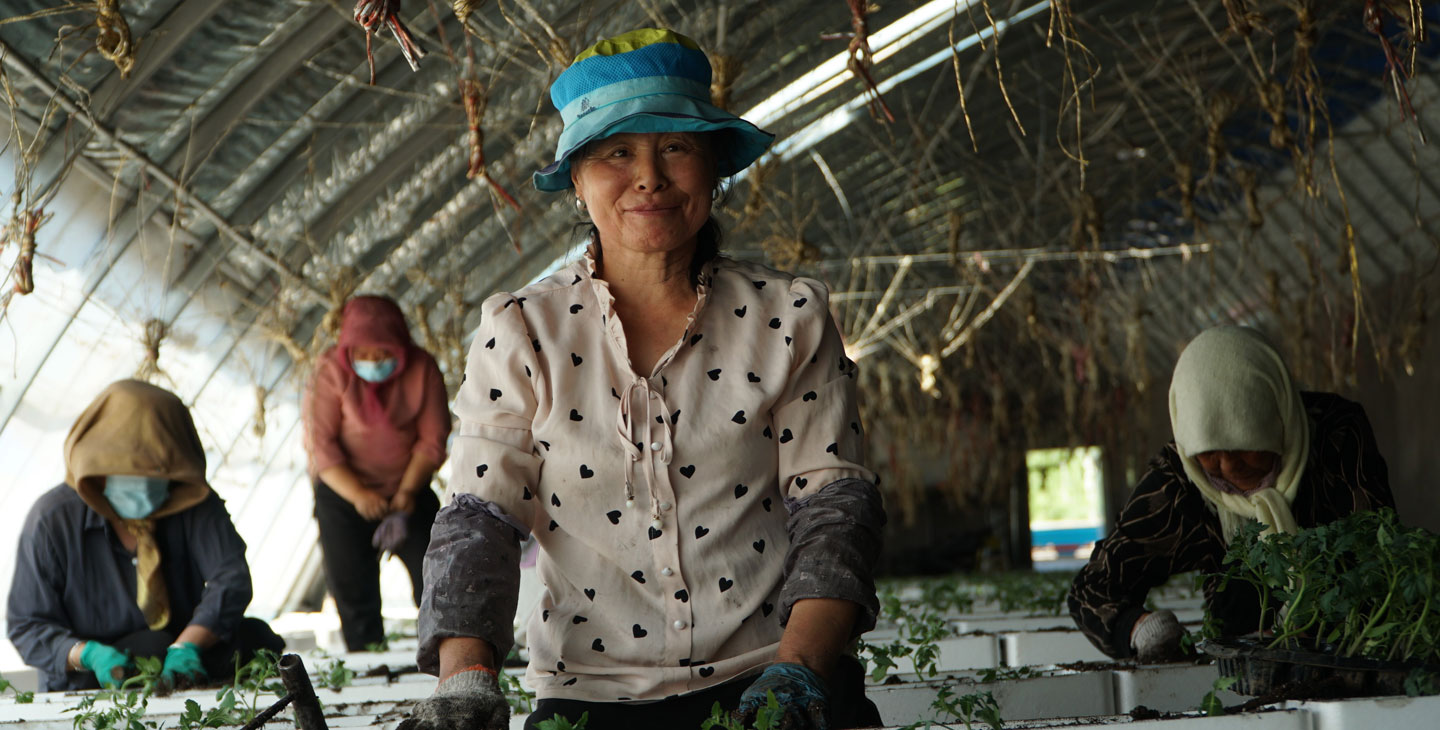
In rural China, greenhouses bring new life to the desert
Growing food is a challenge in the harsh desert landscape of northwestern China. But thanks to new greenhouses built by a local cooperative, this village is bursting with fruits, vegetables and mushrooms.
Projects
Pakistan
Southern Federally Administered Tribal Areas Development Project
Bosnia and Herzegovina
Rural Competitiveness Development Programme
Brazil
Maranhão Rural Poverty Alleviation Project
Experts
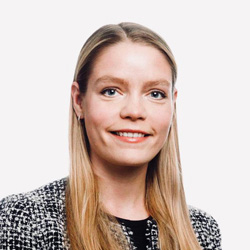
Petra Järvinen Technical Analyst, Gender and Social Inclusion
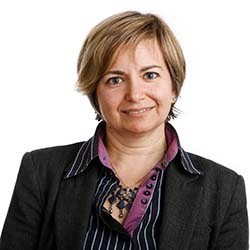
Silvia Sperandini Gender, Targeting and Social Inclusion Specialist – Gender Team
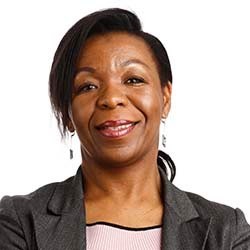
Ndaya Beltchika Lead Technical Specialist, Gender and Social Inclusion
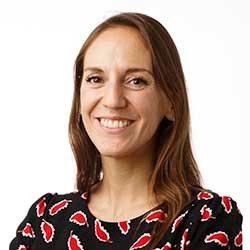
Beatrice Gerli Gender, Targeting and Social Inclusion Specialist


